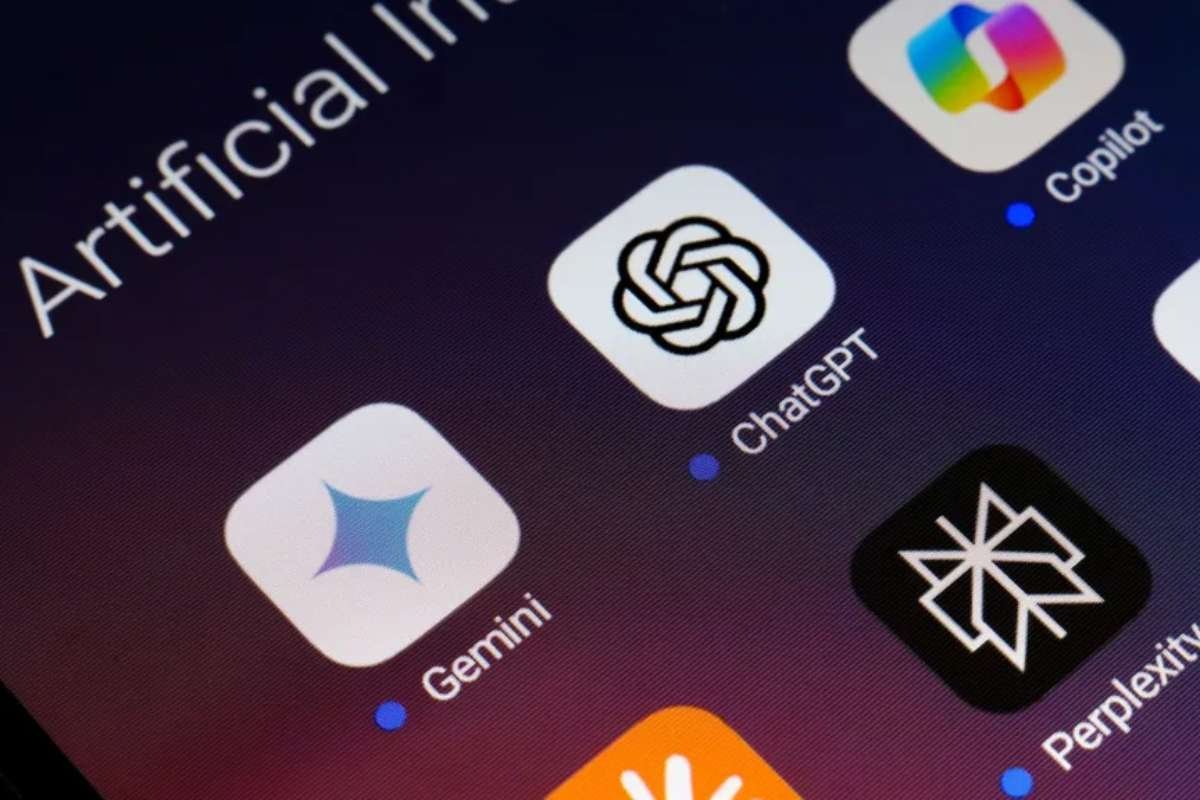AI Assistants Generate Inaccurate and Misleading Information
A recent investigation by the BBC has revealed that leading AI chatbots frequently provide misleading, distorted, or outright incorrect information when responding to questions about current events. The study evaluated the performance of ChatGPT, Copilot, Gemini, and Perplexity, finding that over half of their responses contained “significant issues.”
The research, conducted by BBC journalists specializing in various subject areas, involved testing 100 questions using BBC articles as sources. It was discovered that nearly 20% of responses contained factual errors related to numbers, dates, or statements. Additionally, 13% of direct quotes attributed to BBC sources were either altered or fabricated.
Among the most notable errors were AI-generated claims that Rishi Sunak was still serving as the UK’s prime minister and that Nicola Sturgeon continued to hold office as Scotland’s first minister. Other inaccuracies included misrepresentations of NHS guidelines on vaping and confusion between outdated archival material and recent news.
AI-Generated Misinterpretations and Distortions
The BBC’s report outlined several specific instances where AI chatbots failed to provide accurate answers. In one case, Gemini incorrectly suggested that the innocence or guilt of neonatal nurse Lucy Letby was a matter of personal opinion, omitting the fact that she had been convicted of murder and attempted murder.
Microsoft’s Copilot misrepresented the case of French rape survivor Gisèle Pelicot, falsely claiming that she uncovered crimes against her abuser after experiencing blackouts, when in reality, police informed her of the crimes after discovering incriminating videos. Meanwhile, ChatGPT inaccurately described the leadership status of Ismail Haniyeh, stating he was still an active Hamas leader months after his assassination.
Other errors included Gemini’s incorrect assertion that the NHS advises against vaping altogether—when, in fact, it suggests that vaping can be a useful tool for smokers looking to quit. Perplexity provided an incorrect date for the death of television presenter Michael Mosley and misquoted a family statement following the passing of One Direction singer Liam Payne.
BBC Leadership Raises Concerns Over AI’s Impact on Public Trust
In response to the findings, BBC’s chief executive for news, Deborah Turness, issued a warning about the dangers of AI-generated misinformation, emphasizing that AI chatbots are “playing with fire” and risk further eroding public trust in factual reporting. In a blog post, Turness criticized AI systems for distorting information and called for AI companies to collaborate with the BBC to ensure greater accuracy in their responses.
The research also follows Apple’s recent decision to suspend BBC-branded news alerts due to multiple inaccuracies in AI-generated summaries sent to iPhone users. One such error falsely reported that Luigi Mangione, accused in a high-profile murder case, had died by suicide.
Peter Archer, the BBC’s program director for generative AI, stressed that these findings likely only scratch the surface of the issue concerning AI chatbots. He underscored the need for media organizations to have control over how their content is used and called for AI developers to disclose the extent of errors their models produce. The companies behind the AI assistants involved in the study have been contacted for comment.








